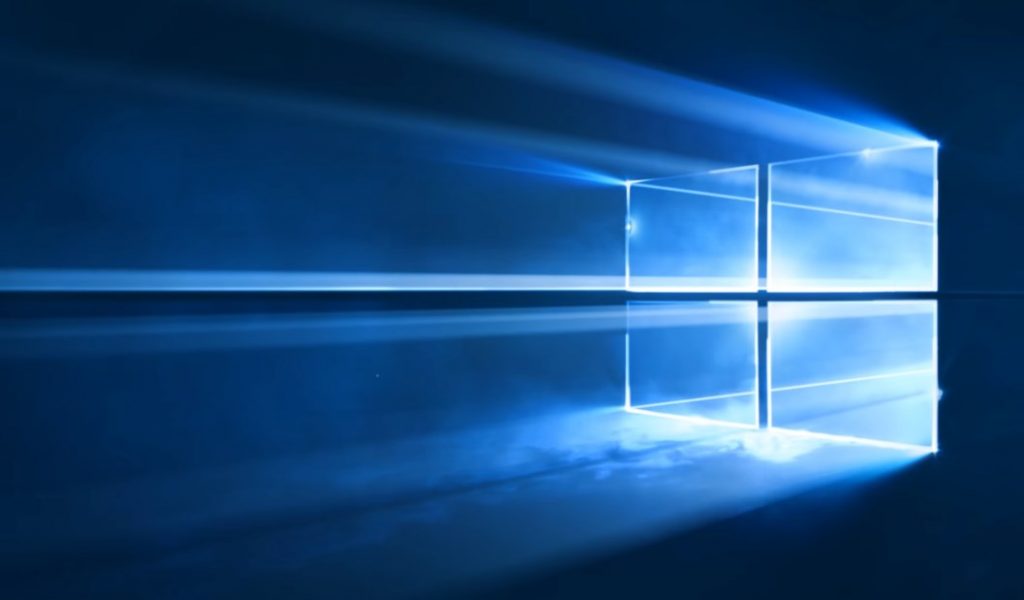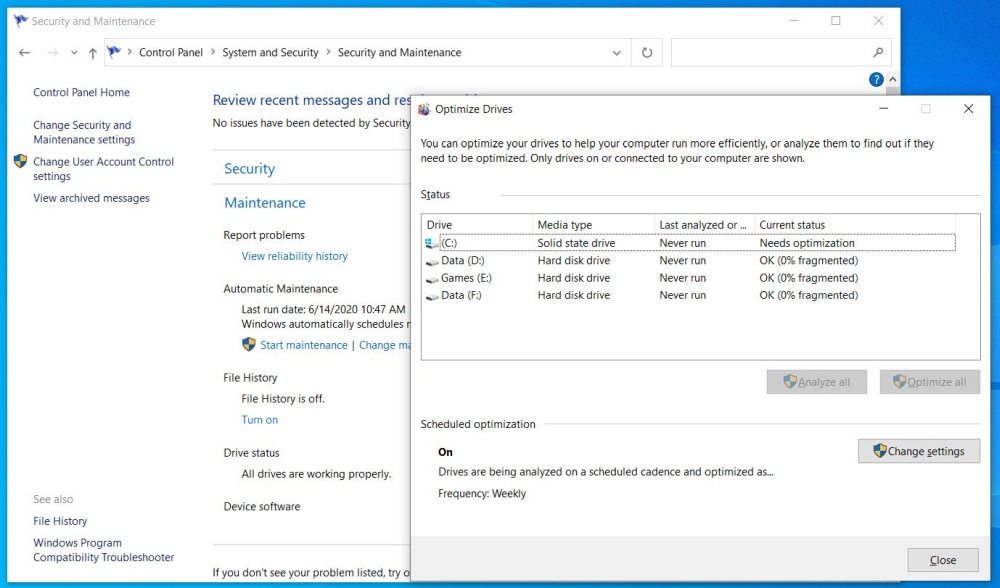Conventional wisdom tells us that there’s no benefit to defragging SSDs, only drawbacks. Microsoft devs have said thought that SSDs do get fragmented, so they will still have to get defragged. But only occasionally, because the process does shorten SSD lifespan. But with a recent Windows 10 update, though, the process may happen too often.
The operating system normally records when a drive was last optimised. This is to avoid having a drive go through the process too often. But according to BleepingComputer, Windows 10 version 2004 fails to record the last time a drive was optimised. This leads to Windows “forgetting” hat a drive was recently optimised. And as a result, it will cause it to optimise drives needlessly. This reoptimising can occur so frequently as to happen every time you restart your PC.

In addition to the SSD defragging, the Windows 10 Update bug also causes the defragger to attempt to trim HDDs. This is usually a process to wiping an SSD of data that’s no longer used. Since this isn’t a feature that HDDs can make use of, the process will fail. But it’s strange to see the defragger even try this on HDDs to begin with.
Until the issue with defragging SSDs is fixed, you should disable automatic drive optimisation. This is so that your SSD’s lifespan isn’t unnecessarily reduced by the excessive defragging caused by the bug.
(Source: Wilders Security Forums, Microsoft Community via BleepingComputer, Scott Hanselman)
Follow us on Instagram, Facebook, Twitter or Telegram for more updates and breaking news.



